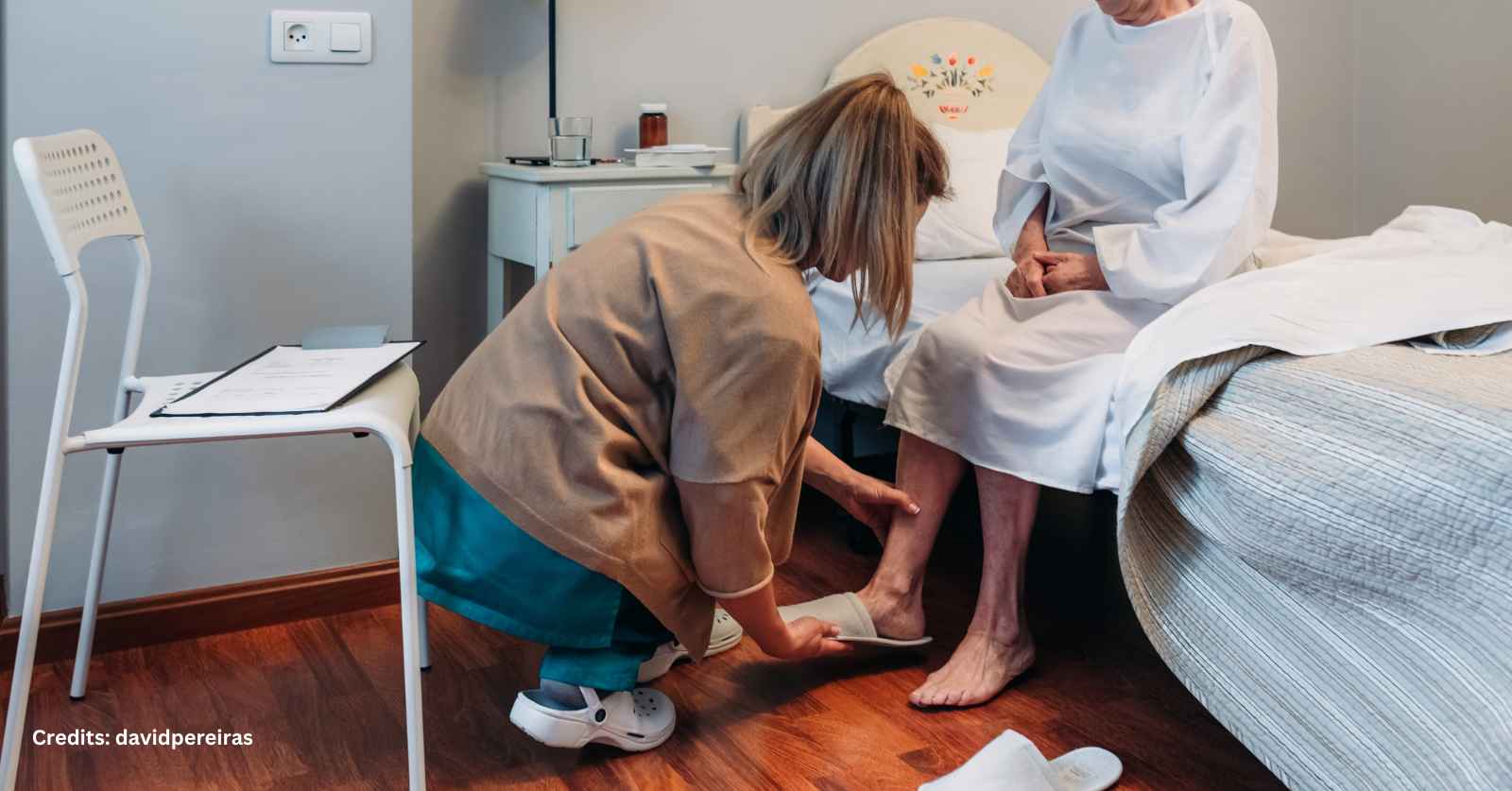COVID-19 caused high stress and burnout among Australia’s community health service workers, with one in five considering leaving, per Deakin University and the Victorian Healthcare Association.
As the world grappled with the COVID-19 pandemic, Australia’s community health service workers found themselves on the front lines of the response effort.
However, new research by Deakin University’s Institute for Health Transformation (IHT) and the Victorian Healthcare Association has revealed that these workers have been pushed to their limits and are now experiencing high levels of stress and burnout.
According to the longitudinal study, community health service workers faced considerable psychological distress during the pandemic as they rapidly adapted service delivery to highly vulnerable communities while managing concerns about their own family’s health and well-being.
The study, published in the Australian Journal of Primary Health, found that one in five surveyed staff members are considering leaving the sector due to heavy workloads and burnout. This is a concerning trend, given that community health services provide government-funded primary care to hundreds of thousands of most vulnerable people each year, including GPs, dentistry and allied health services such as physiotherapy, drug and alcohol services, and mental health services.
While the public and research focus during the COVID-19 pandemic has been on clinical staff in hospitals and other acute healthcare settings, the impact on community health service staff has been less understood.
“Community health services ran respiratory clinics and testing sites, cared for COVID-19 patients in the community, and ensured vulnerable and difficult-to-reach population groups received information about COVID-19, infection prevention, health care, and support services,” IHT senior research fellow Dr Sara Holton said.
The research exposed for the first time the impact of the pandemic on community health service workers’ well-being, personal and work lives. While staff did identify positive aspects of the pandemic, such as the opportunity to learn new skills and experience great team support, many struggled to build rapport with clients and provide the services their clients really needed.
For instance, a speech pathologist said that wearing masks made it difficult for her to understand her clients who had speech impediments and for her clients to understand her if they usually lip-read. Moreover, staff members reported that juggling homeschooling and working during the pandemic was a struggle.
The findings of the research reveal the need for additional staffing and resources, greater managerial and IT assistance for remote working, and additional psychological support to protect the workers’ well-being, support them to stay in their roles and continue to provide essential services for their clients.
“Losing these workers from the sector presents a real risk to the often-vulnerable communities they serve. Without a thriving and adequately resourced workforce, many services may need to be reduced,” Dr Holton said.
The research team included members of Deakin’s Centre for Quality and Patient Safety Research and the School of Nursing and Midwifery. In light of the findings, it is essential to recognise the crucial role community health service workers play in the health care system and provide them with the necessary support and resources to continue to do their vital work.
Source: Deakin University.
Ritchelle is a Content Producer for Healthcare Channel, Australia’s premier resource of information for healthcare.




















Upcoming Events
6th Annual Aged Care Week
June 25, 2025
Subscribe
We send emails,
but we do not spam
Join our mailing list to be on the front lines of healthcare , get exclusive content, and promos.